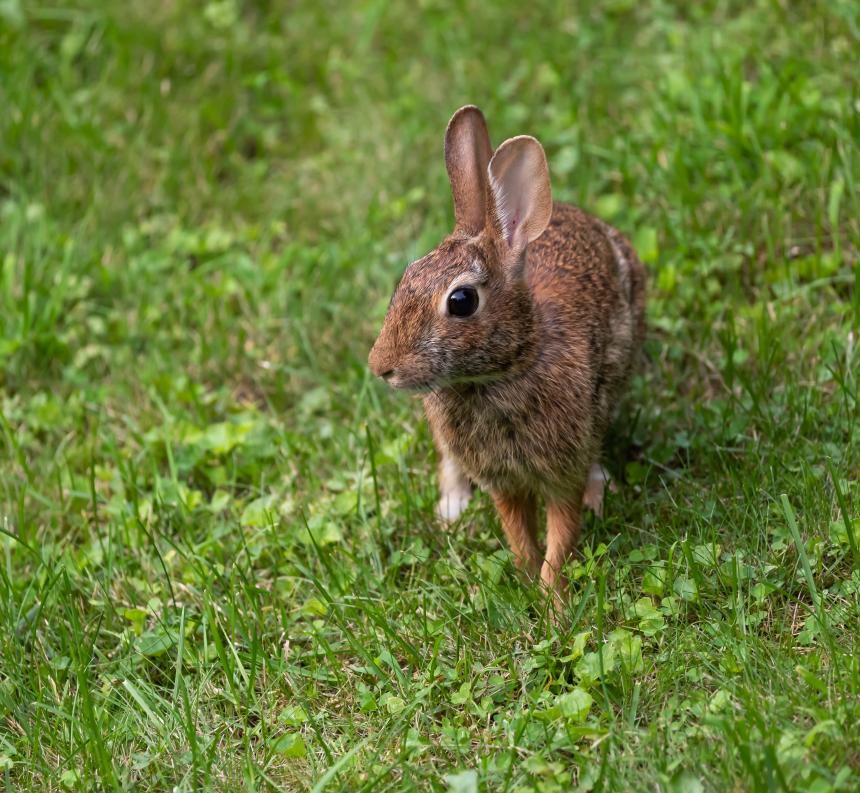Spotlights
Podcast
June 23, 2020
In this Cracking One Health podcast interview, Dr. Steve Osofsky provides a personal perspective on his One Health work in southern Africa, and on his role in the origins of the One Health movement.

Video
June 06, 2020
Solving the world’s most pressing health challenges, like the recent efforts to prevent coronavirus spread, requires an interdisciplinary, collaborative approach. While a long-standing platform of Cornell’s mission and vision, this One Health philosophy is now more popular than ever. Learn how Cornell is leading the way in linking human, animal, and ecosystem health.
Podcast
June 02, 2020
This podcast interview focuses on questions our pandemic predicament makes unavoidable, and on the value of using a One Health and Planetary Health lens to inform our answers.

For Your Information
June 01, 2020
Coronaviruses can become zoonotic, as in the case of COVID-19, and hunting, sale, and consumption of wild animals in Southeast Asia increases the risk for such incidents.

For Your Information
May 29, 2020
Keeping New York State wildlife rehabilitators informed and prepared for emerging disease threats is an important part of surveillance and prevention at the Cornell Wildlife Health Lab.
Video
May 20, 2020
On May 20, 2020, we hosted a panel discussion for current Cornell DVM students interested in wildlife health-related careers.

Blog
April 22, 2020
We drafted The Manhattan Principles on 'One World, One Health' in 2004. In 2020, let’s act as if we truly comprehend the pandemic’s stark reminder that there really is only one world, and one health. May Earth Days to come be better for it.

For Your Information
April 21, 2020
Most people value wildlife encounters, and there’s a fascination that comes from a taxa so vastly different than our own. But, many species of reptiles and amphibians are declining in the wild, facing threats such as habitat loss, unscrupulous collection, and disease. Therefore, great care must be taken to ensure that we do not negatively impact that which we love.

Blog
April 07, 2020
The Cornell Wildlife Health Center's Dr. Rodman Getchell gives a behind-the-scenes look at the exciting aquatic animal health research being done at Cornell, and the significant role it plays in responding to emerging issues in fish health in New York State and internationally.

Blog
April 04, 2020
I have spent my career trying to think of ways to enhance my own species’ respect and concern for the rest of life on Earth. Perhaps a tiny, invisible virus will be what actually (hopefully) tips the scales towards a critical mass of global understanding of the fact that our own health is intimately tied to how we treat the natural world…. It’s not too soon to make this a “never again” moment. The very good news is that we can, and we must.
